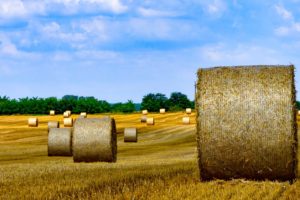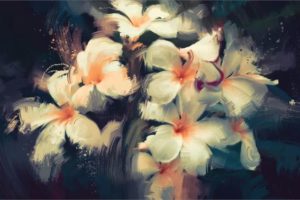I’ve decided that joy is a strange thing. We can experience joy apart from happiness. Sometimes joy leaks into our lives in the midst of sufferings and sometimes in erupts in the most mundane moments of our day. For such a short word, the meaning of joy seems vast enough to contain the simultaneous contraries of peace and pain, levity and weight, both longing and fulfillment.
For Christmas, a friend offered me a companion in my quest for unlocking the meaning of joy: a book entitled “Joy” comprising of 100 poems from modern poets compiled by Christian Wiman, a poet and professor of mine here at Yale. The book sits on my bedside table, available to me on those rare occasions when I can read “for fun” in the evenings. For a while I read a poem in the morning alongside my Bible reading.
From my intermittent reading on joy I have discovered a few things…
One: Joy is a gift available to those who truly “inhabit their own lives” (to use Wiman’s words). It is something we cannot demand and something that demands to be sought through the practice of real presence.
Summer Kitchen
by Donald Hall
In June’s high light she stood at the sink
With a glass of wine,
And listened for the bobolink,
And crushed garlic in late sunshine.
I watched her cooking, from my chair,
She pressed her lips
Together, reached for kitchenware,
And tasted sauce from her fingertips.
“It’s ready now. Come on,” she said.
“You light the candle.”
We ate, and talked, and went to bed,
And slept. It was a miracle.
How tenderly we know the miracle of the ordinary! It may be the familiar gestures of our mother’s hands, the sound of socks on the stairs, the breezy scent of the neighbor’s jasmine bush lifting the curtains around the bedroom window.
Two: Joy, like beauty, often eludes language. We cannot seem to grasp it apart from those concrete and sometimes unremarkable moments of sudden and unanticipated appearance. And yet, when we are stirred by joy, we know it.
Small Moth
by Sarah Lindsey
She’s slicing ripe white peaches
into the Tony the Tiger bowl
and dropping slivers for the dog
poised vibrating by her foot to stop their fall
when she spots it, camouflaged,
a glimmer and then full on–
happiness, plashing blunt soft wings
inside her as if it wants
to escape again.
This poem is simple and exquisite. Perhaps one of the most delicate things about it is that the “object” of joy is indiscernible and yet indistinguishable from the whiteness of the peach, the trivialness of the bowl, the energy of the waiting dog. There is a striking sense of joy erupting from the ordinary.
Plashing. The word unfolds into a buoyant wave of color. Like a painted fan unruffling its folds, the image widening over the span of fabric.
I wonder if this woman smiles.
And I ask: Can such a thing escape? What would it do to us if it did?





Leave a Reply
Your email is safe with us.